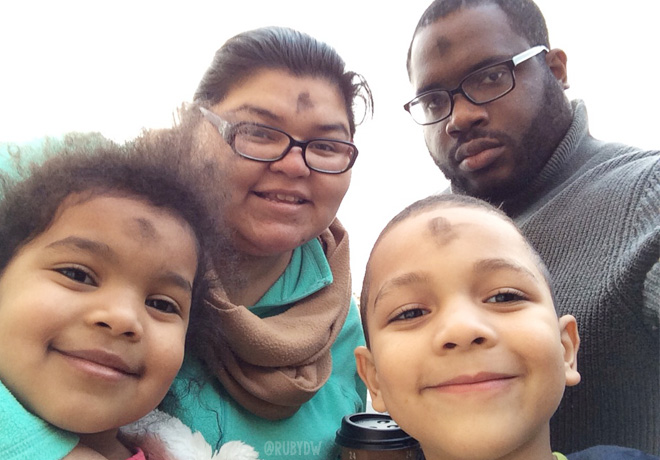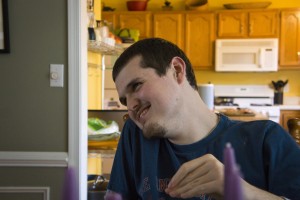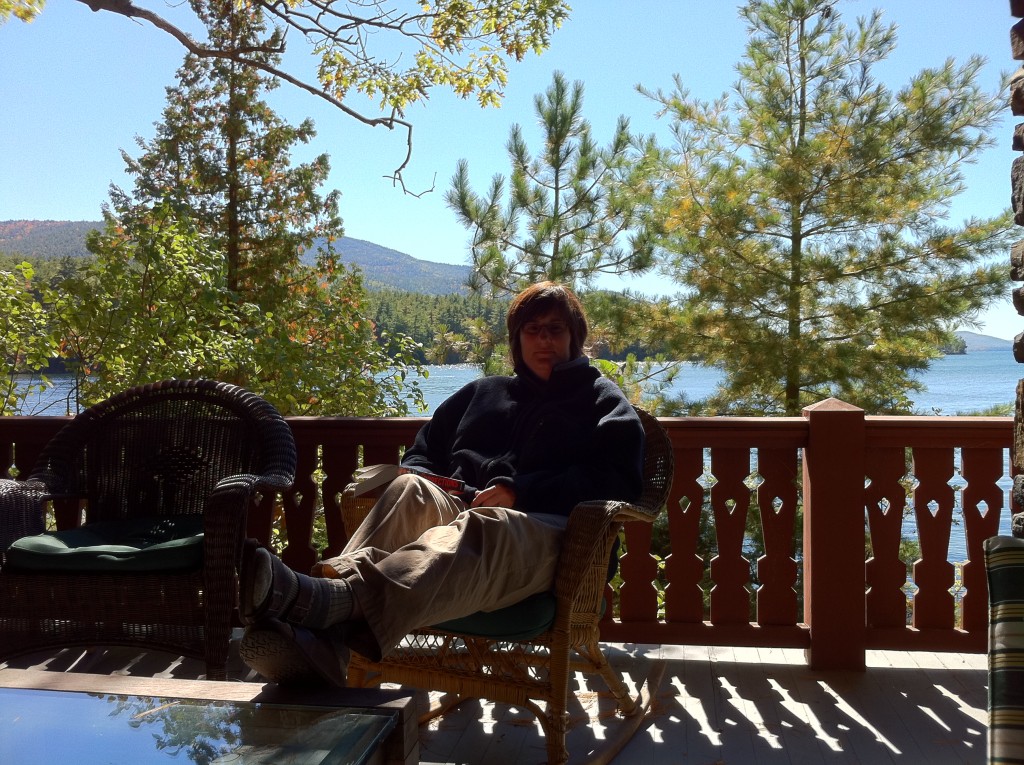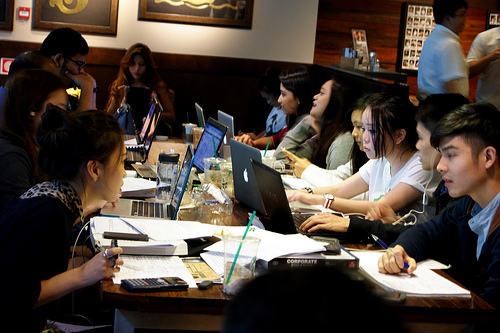
When, in my adult life, I first heard church folks start talking about “taking on” something for Lent rather than “giving up” something, I thought I would lose it.
I don’t remember observing Ash Wednesday until high school or giving up something for Lent until college. I was still barely getting the hang of any of that when “taking on” became the new “giving up,” but what annoyed me about the change in terms wasn’t only a novice’s frustration. I didn’t like the tone. As in, Giving up is so last Lent. Or, as in, Getting rid of distractions from God and hunger for that which isn’t God, is not enough. Making room in your life to feel that hunger is not enough. You need to do something, too.
I don’t care what anyone else does or does not do for Lent. Really. It’s not up to me to approve and I only care in the sense that a friend or neighbor might need help and encouragement in sticking to their spiritual discipline. Most of the time I don’t share with my students what my own Lenten discipline is, sometimes because it takes me a couple of weeks into Lent to decide, sometimes because it’s too private, but I try to offer them suggestions for their own observances. I try to crack open the ideas we have about it so they can meet God in the strange and wondrous places God’s waiting this year.
This is my favorite Lenten suggestion so far this year: Don’t worry about reading the Bible. And don’t start a mammoth Bible-in-one-year-OK-go-Genesis-page-1 reading plan. Start with setting aside a time and a place – even if you end up reading Twitter during that time. It comes from a colleague’s observations of a bodybuilder, who encourages people to just start going to the gym, even if they only read a magazine once they get there. Making room for the new habit of going to the gym (or daily Bible reading) is the most important part. The rest will come. God will bring it, in the space you hold open.
Why aren’t there more suggestions like this in Christian spiritual life together? Well, because many of us decide to “take on” an hour a day at the gym or “give up” sweets, as if Lent is a season meant for massive self-improvement projects. First lesson: if we could improve ourselves by ourselves, we wouldn’t need Jesus.
Why aren’t there more suggestions like this? Because we don’t believe fervently, deeply, desperately enough in the grace we are already swimming in. Because, no matter how many times we encounter it, the suggestion that resting in God’s presence is prayer enough (without the laundry list wordy prayers, without doing anything else) feels like getting away with something. When I tell students that if they happen to doze off while trying out centering prayer, God will understand and that, maybe, those moments of rest in their sleep-deprived lives could be gifts from God, they humor me. But I don’t think they believe me.
Our toxic culture does not know what to do with space except fill it up with the closest thing to hand. Our nervous, frenzied souls do know what to do with space – but they need encouragement, periods of detox, reintroduction to their natural habitats.
The main reason I resist the “taking on” language is context. The only people I hear talking about this are people who are already too busy, self-critical, and fearful of not measuring up: fast-paced professional people, overcommitted pastors, and worn-thin ambitious college students who already think it’s all up to them. In these contexts, “taking on” is poison – even taking on good and worthy and disciple-making things like visiting prisoners and feeding the homeless. I’m not saying never to engage in those ministries. I’m just saying, if you are the type who is always measuring and always coming up short, no matter how hard you strive and plan and organize and visionboard, maybe this year give space a try. Make your resistance training be the effort it takes not to fill up the time and place you want to reserve for God, to rest in God’s presence. That’s all.
I know this is making some of you itch. Bear with me. Try trusting that even if you think it’s unrepentantly lax, God can meet you in the space of “nothingness” and redeem your “lack.” What have you got to lose?
*
Here’s a previous reflection on Lent, including a few other suggestions for unconventional observances.
*
photo credit: “Catholic Family Ash Wednesday,” © 2014 by RubyDW, CC BY 2.0












